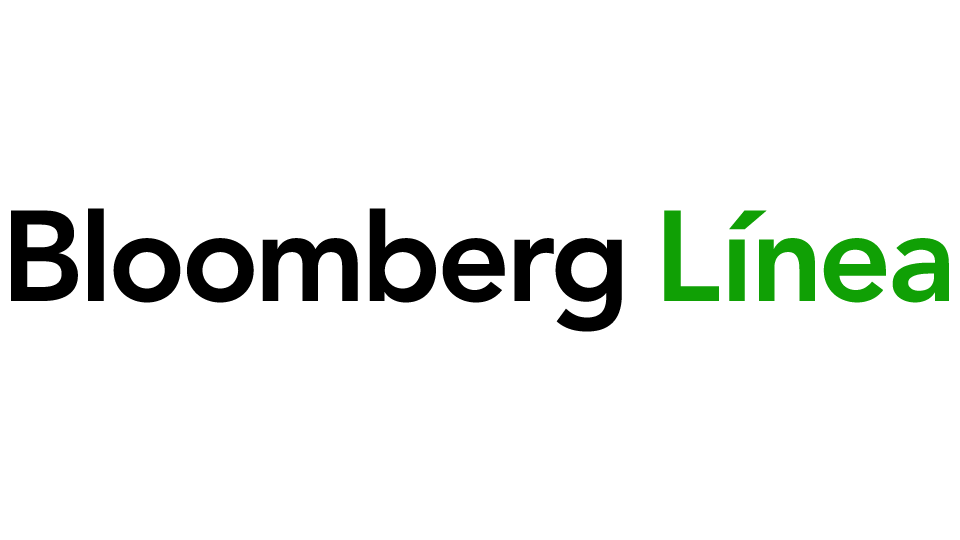Bloomberg Línea — Rising global interest rates and the resulting reduction in available capital for startups are not the only challenges currently facing fledgling companies, and maintaining growth in the face of increasing competition is an even more pressing task.
Neon, a Brazilian fintech unicorn, is taking advantage of the adverse moments to make a strategic turn to concentrate capital on developing technology in-house, in a similar vein to the strategy adopted by big technology companies.
The company founded by Pedro Conrade in 2016 has begun what it describes as a major overhaul of its technology area. To lead the intended transformation, it has hired André Madeira as chief technology officer (CTO), an entrepreneur who founded Meemo, a social finance startup that uses artificial intelligence and which was bought by Coinbase in early 2021.
The deal was presented as an acquisition aimed at incorporating human capital.
“Current fintechs are more finance than tech. There is no technology created for finance, but adaptations of what already exists in other areas. What will happen is that the big tech companies are entering this game and the competition will be much fiercer. And they know how to work with users and large-scale data. And they know how to engage the user at the right time, with the right offer and the right footprint,” Madeira told Bloomberg Línea.
“To survive, fintechs will have to work with large-scale data, distributed systems, machine learning, artificial intelligence, etc., otherwise they will fall behind. Increasingly, they are looking alike in their product and service offerings, as if betting on commodity play,” Madeira said.
“People’s relationship with money is very emotional, especially in the lower income strata. Earning trust through products that are fair, useful and easy to understand is key to creating a loyal connection between consumers and products and services,” he added.
According to Madeira, the industry’s earning potential lies neither in the fees charged by incumbent banks nor in credit, but in generating value for the user from the data on their financial habits, and which is the path that has been followed by tech giants such as Google, Facebook (Meta) and Amazon.
Without disclosing how many professionals he intends to hire for the company’s technology area, Madeira said the increase will follow the evolution of its main projects. Currently, Neon has about 1,800 employees.
Neon is one of the largest digital banks in the country, with 15 million clients to end-2021, serving individuals and individual micro-entrepreneurs. In February, just prior to the drop in available capital for startups in the world, Neon closed a funding of $300 million (about 1.6 billion reais) in a Series D round led by Spanish financial group BBVA.
Neon aims to more than double revenue this year, compared to its 2021 figures.
“Madeira has developed a career building and leading engineering and data teams for more than a decade at Google and Snap, creating scalable and highly personalized products,” Neon said in a statement regarding its new hire.
According to the new CTO, financial products already in development at Neon will be adapted to rely on greater use of solutions such as data intelligence, while the company prepares to develop new features from scratch with a new AI perspective.
The market turnaround for technology companies has led founders to accelerate measures that seek to strengthen the foundations for growth, which is Neon’s case, or increase the efficiency of the operation.
In the latter case, the measures include layoffs in areas considered less strategic. This is the case of Loft, which announced this week its second staff cut so far this year as part of its plan to strengthen the business.
Translated from the Portuguese by Adam Critchley

:quality(75)/cloudfront-us-east-1.images.arcpublishing.com/bloomberglinea/EML3UQANMZBHBNFRUYT6LCZYBQ.jpg)

:quality(75)/cloudfront-us-east-1.images.arcpublishing.com/bloomberglinea/RL7HY63IXZBQFAJYBYAZ43DJKU.jpg)